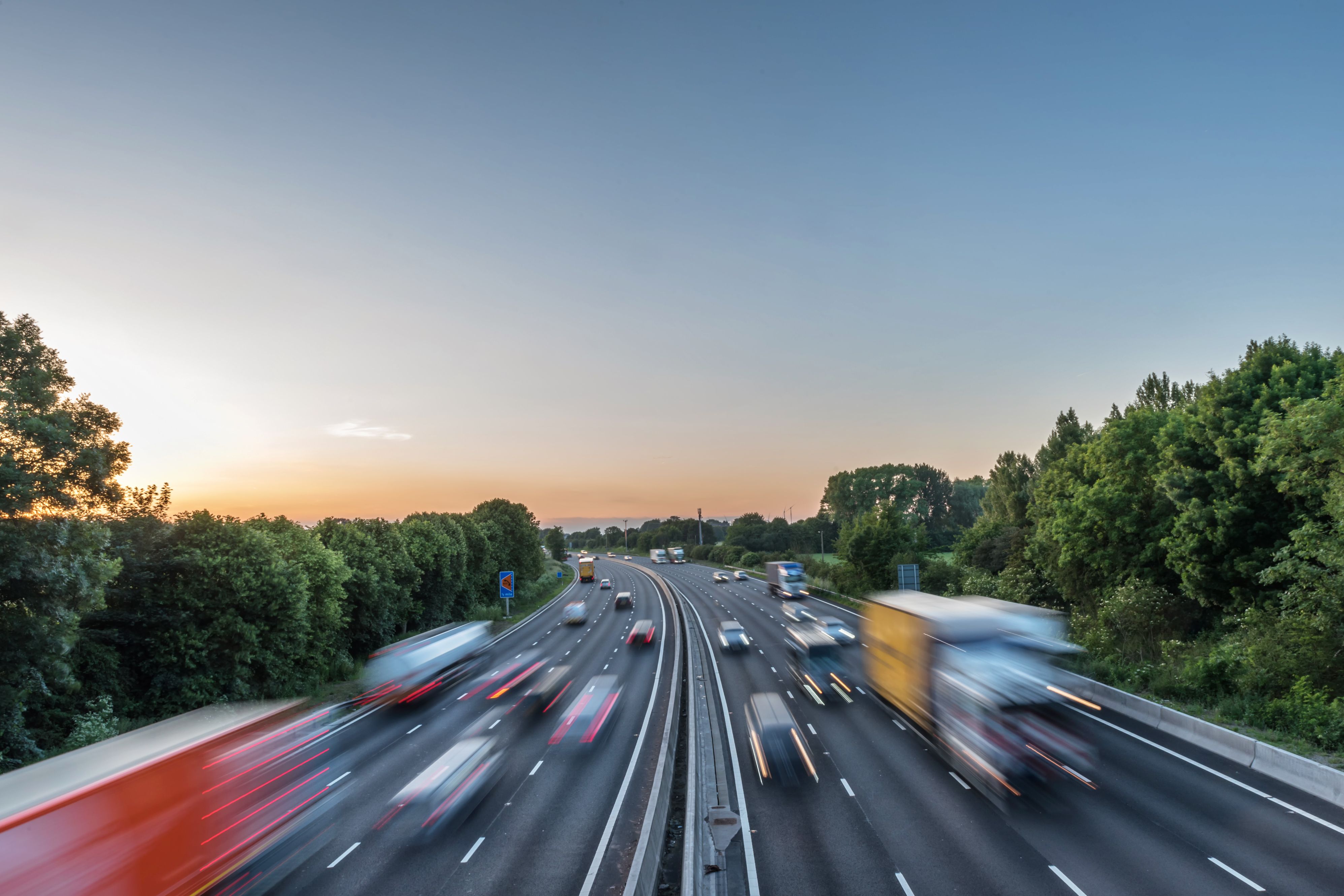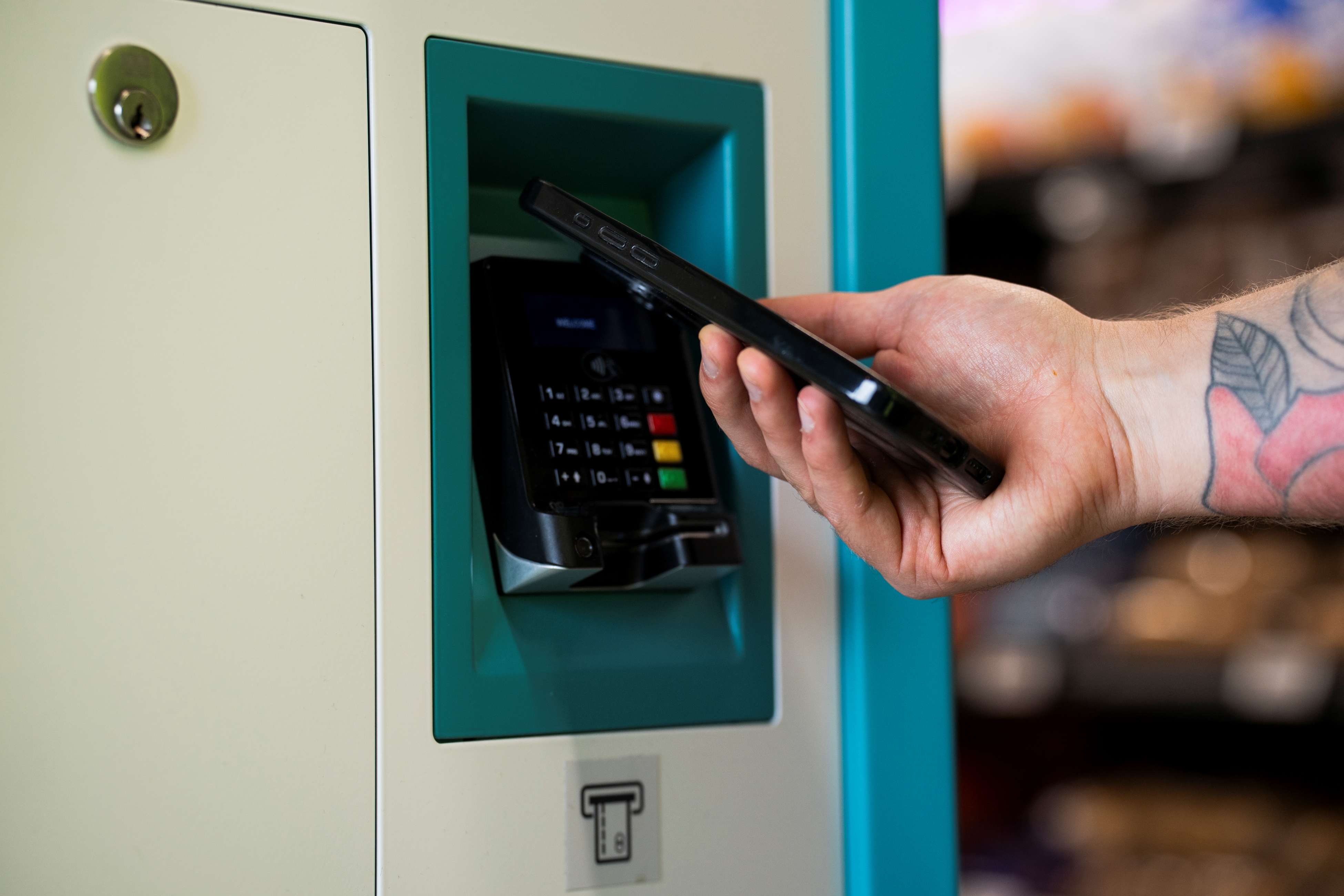
Miranda Blake
Comment l'industrie de la logistique peut-elle assurer la sécurité et la commodité des chauffeurs routiers européens ?
Créée: 08/01/2025
•
Mise à jour : 08/01/2025
Grâce à la mise en œuvre de nouvelles réglementations, à l'utilisation de la technologie et à un engagement en faveur du bien-être des conducteurs, le secteur de la logistique peut œuvrer en faveur d'un avenir plus sûr pour les camionneurs tout en favorisant la commodité.
Mais comment cela se passe-t-il exactement ? Lisez la suite pour le savoir...
Sensibilisation aux autoroutes dangereuses d'Europe
Nous avons précédemment mené des [recherches] (https://snapacc.com/hazardous-highways/) qui ont mis en lumière les routes les plus dangereuses d'Europe, identifiant des pays comme la Bulgarie et la Tchécoslovaquie comme ayant la moyenne de décès la plus élevée pour 10 000 miles de réseau routier.
Cette analyse est essentielle pour comprendre où les risques sont les plus élevés et mettre en évidence la nécessité d'interventions ciblées pour améliorer la sécurité. Forts de ces informations cruciales, les conducteurs peuvent mieux préparer leurs trajets et choisir en connaissance de cause leurs itinéraires et leurs aires de repos.
Le rôle de la technologie dans l'amélioration de la sécurité
L'intelligence acquise grâce à des innovations telles que les systèmes de navigation GPS, les mises à jour du trafic en temps réel et les systèmes avancés d'aide à la conduite (ADAS) est également cruciale. Ces avancées technologiques fournissent non seulement des données essentielles sur l'état des routes, mais aident également les camionneurs à prendre des décisions éclairées sur leurs trajets. Par exemple, les systèmes GPS peuvent suggérer des itinéraires alternatifs qui évitent les zones potentiellement dangereuses, tandis que les mises à jour du trafic peuvent donner des alertes sur les retards ou les accidents à venir. Les conducteurs sont ainsi mieux à même d'optimiser leurs déplacements (https://snapacc.com/newsroom/route-optimisation-with-fleet-management-software-snap-account/).
En outre, des applications telles que [intruck] (https://intruckapp.com/download/) leur permettent d'accéder à des informations détaillées sur les relais routiers en Europe, ce qui leur permet de trouver des endroits appropriés pour se reposer - ce qui est particulièrement bénéfique pour ceux qui voyagent sur de longues distances et qui doivent faire des pauses régulières pour respecter la législation, lutter contre la fatigue et rester concentrés.
L'importance d'un repos de qualité
Les années précédentes, de nombreux conducteurs n'avaient d'autre choix que de passer leurs pauses dans leur taxi, faute d'hébergement accessible et abordable, ce qui se traduisait souvent par un repos de mauvaise qualité, susceptible de nuire à leur santé et à leur sécurité.
L'accent a été mis sur la possibilité pour les camionneurs de se détendre dans un logement approprié. Les entreprises de transport doivent prendre la responsabilité d'organiser des séjours à l'hôtel ou d'utiliser des installations dédiées aux pauses. Bien que cela puisse entraîner des coûts supplémentaires, c'est l'occasion d'investir dans le bien-être de la main-d'œuvre, ce qui se traduit en fin de compte par des niveaux plus élevés de satisfaction professionnelle et de fidélisation.
Mise en œuvre de solutions d'hébergement
Pour se conformer aux réglementations, atténuer les risques liés à la fatigue et améliorer la sécurité générale de leurs conducteurs, les exploitants de flottes peuvent envisager les approches suivantes :
● Établir des partenariats avec des hôtels locaux ou des aires de repos peut permettre aux conducteurs d'avoir accès à un endroit confortable pour se détendre.
● L'exploitation d'applications et de plateformes en ligne peut aider les camionneurs à localiser les lieux d'hébergement à proximité, à rationaliser le processus et à améliorer l'efficacité globale.

Comment SNAP soutient les camionneurs
SNAP change la donne pour les acteurs du secteur en proposant des solutions numériques qui privilégient la sécurité et la commodité. Les sociétés de flotte et les camionneurs ont désormais accès à un réseau croissant de services conçus pour rendre les trajets plus fluides et plus sûrs.
Confort numérique
Au cœur de nos offres se trouve notre place de marché numérique, qui rationalise différents aspects :
● Paiements : Utilisé toutes les 13 secondes en Europe pour payer les services des aires de repos, SNAP évite aux camionneurs de dépenser de leur poche et de réclamer des frais plus tard.
● Parking : intruck aide les conducteurs à localiser et à réserver à l'avance des places de parking le long de leurs itinéraires, nombre d'entre elles possédant des options de sécurité renforcées pour améliorer la sécurité.
● Services simplifiés : Notre plateforme permet aux camionneurs de payer pour le stationnement, le lavage et d'autres services en utilisant uniquement le numéro de plaque d'immatriculation de leur véhicule.
La sécurité avant tout
Cela reste une priorité absolue pour nous. Nous avons récemment [élargi notre réseau] (https://snapacc.com/newsroom/snaps-network-is-expanding-what-new-countries-are-we-available-in/) pour inclure des sites en Autriche, Bulgarie, Tchécoslovaquie, Grèce, Hongrie, Italie et Roumanie. Nombre d'entre eux disposent d'une infrastructure de sécurité améliorée, ce qui répond au besoin essentiel d'un stationnement de nuit sûr.
De plus, nous disposons d'une division spécialisée, [SNAP Access & Security] (https://snapaccessandsecurity.com/), pour fournir des solutions sur mesure qui protègent les locaux contre les menaces de criminalité liées au fret, améliorant ainsi la sécurité globale des conducteurs et du fret.
Regarder vers l'avenir avec SNAP
Les camionneurs sont extrêmement satisfaits de nos solutions. En fait, 80 % des chauffeurs interrogés lors d'événements au Royaume-Uni préfèrent SNAP à d'autres méthodes de paiement, et 74 % des camionneurs européens ont exprimé le souhait de voir davantage de partenaires de services rejoindre notre réseau.
Et comme nous ne cessons de croître et de développer notre réseau et nos solutions, les chauffeurs routiers européens peuvent s'attendre à davantage d'options qui se traduiront par une sécurité, une commodité et une efficacité accrues sur la route. En répondant à des préoccupations essentielles telles que la sécurité du stationnement et la rationalisation des paiements, nous ouvrons la voie à un secteur du transport routier plus connecté et plus solidaire dans toute l'Europe.
Pour en savoir plus sur SNAP, contactez notre équipe au +44 (0)1603 777242.


